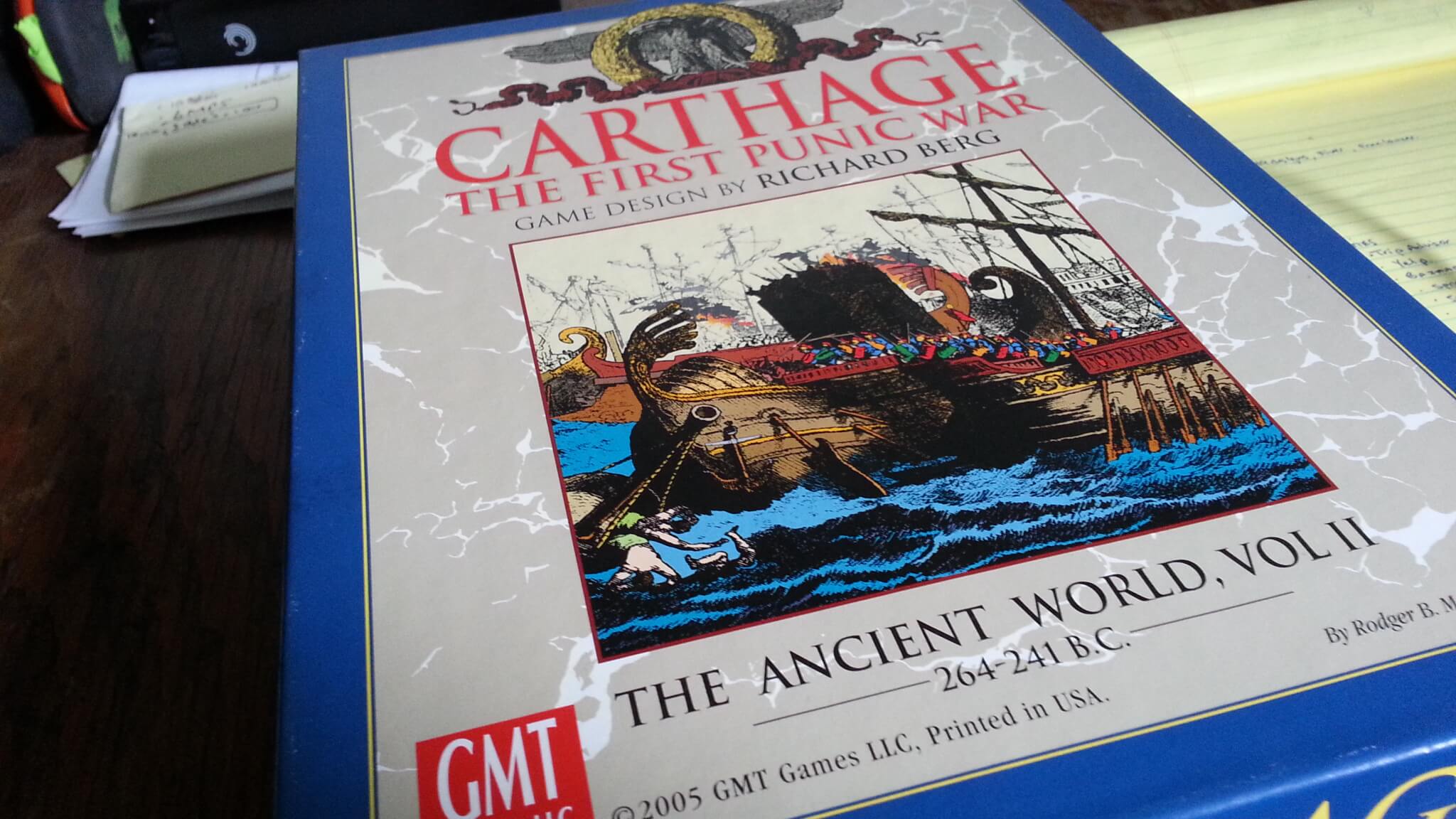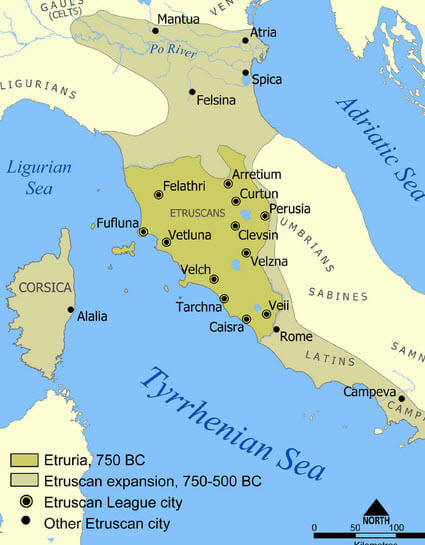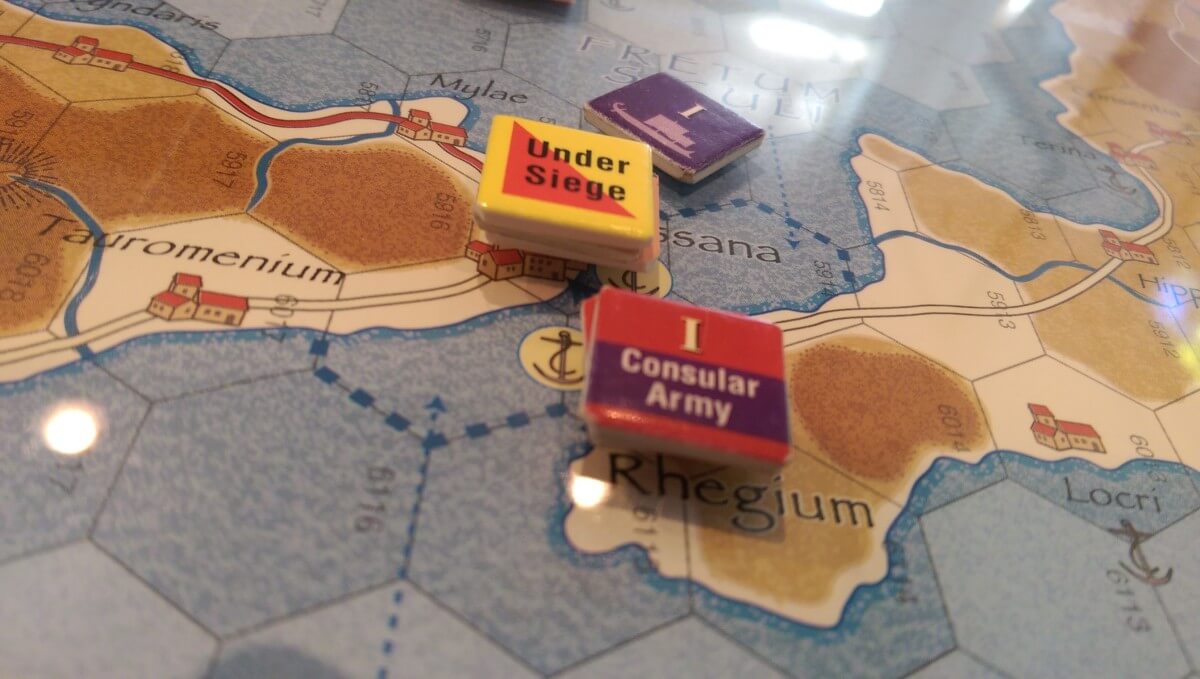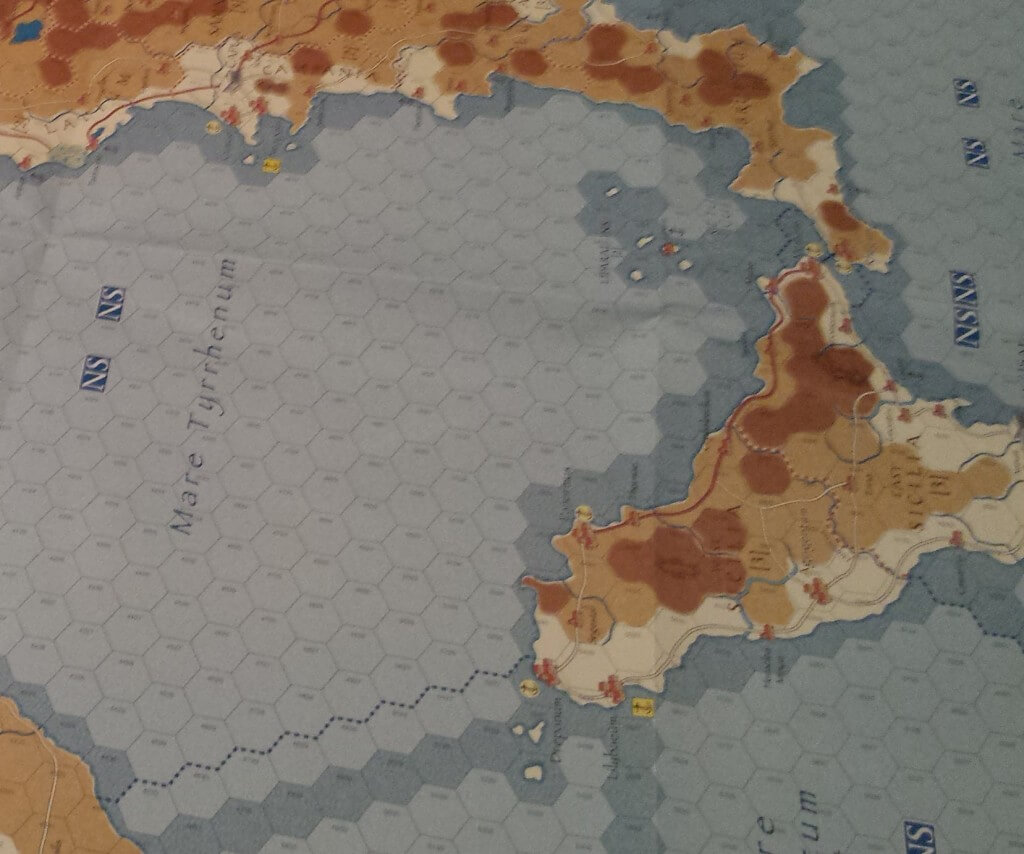Inflation in the Second Punic War , leads to thoughts of Auto Victory in the First Punic War!
This link to an article regarding Inflation and its impact on the Second Punic War , captured my attention, as I play yet again, the Carthaginian side in Richard Berg’s torturously written masterpiece Carthage. Carthage covers the First Punic War among other things. One of the contentious edits to game play and victory conditions has been the Naval Auto Victory.
Side bar on causes of the First Punic War
- The tyrant of Syracuse, Hiero II, once more attacks the Mamertines. They ally themselves with a nearby Carthaginian fleet and hold off the Syracusans. However, when the Carthaginians do not leave, the Mamertines appeal to Rome for an alliance, hoping for more reliable protection. Although initially reluctant to assist lest it encourage other mercenary groups to mutiny, Rome is unwilling to see Carthaginian power spread further over Sicily and encroach on Italy. Rome therefore enters into an alliance with the Mamertines. By this action, the First Punic War begins and will embroil Rome in a conflict with Carthage that will continue for 23 years. – Wiki etal
In this set of victory conditions the Carthage side may claim an auto victory after four years of game time (260 B.C.) if they control a specific set of ports in the Mediterranean, in the South of Sardinia, down thru the Carthaginian homelands, and of course all the important ports in Sicily.
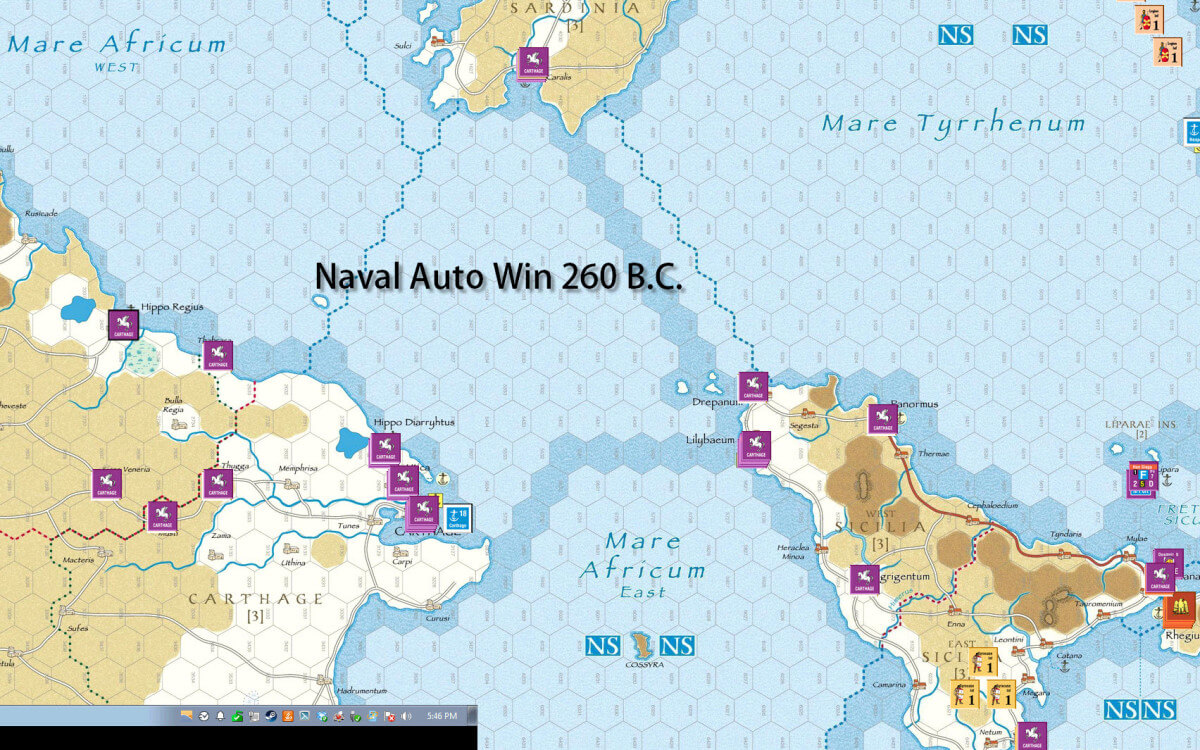
Why is this Naval auto win in the game?
Is it a simple game construct to force the Romans to leave the testudo shell of the Italian peninsula?
Or is there a true historical relevance to the impact upon the Roman way of life that would course such rapid capitulation? The article about how inflation affected both sides in later years pricked my curiosity button.
An excerpt from the article regarding Romes insulated status prior to the outbreak of the Second Punic War :
” Rome was able to finance the war this way because importing goods was relatively unimportant, so they only rarely had to buy something at a much steeper cost. Rome’s soldiers could thus continue to pay the same amount for their groceries as they had before and their pay hadn’t markedly decreased in value compared to the time before the war had broken out.
Carthage did suffer from inflation, as they relied to a large degree on the services of foreign mercenaries. In other words, Carthage had to import soldiers and the fact that their coins had decreased in value made them more expensive. Inflation thus made the war more difficult to finance. In addition, Carthage also needed to import strategically valuable products that were becoming ever more expensive, while Rome continued to be in control of the metal mines in Tuscany. ”
Trade between Carthaginian settlements and Etruscan settlements had been long in place prior to Romes ascendancy over the now pastoral Northern plains. Prior to the outbreak of the 2nd Punic War Syracuse plays a heavy role providing two vital services. Firstly controlling to a large extent trans Med shipment from Greek States into Northern Italy, Massilia, plus the West. In fact early treaties had specific and detailed clauses between Carthage and Rome demonstrating Carthage’s clear control in regards to trade agreements:
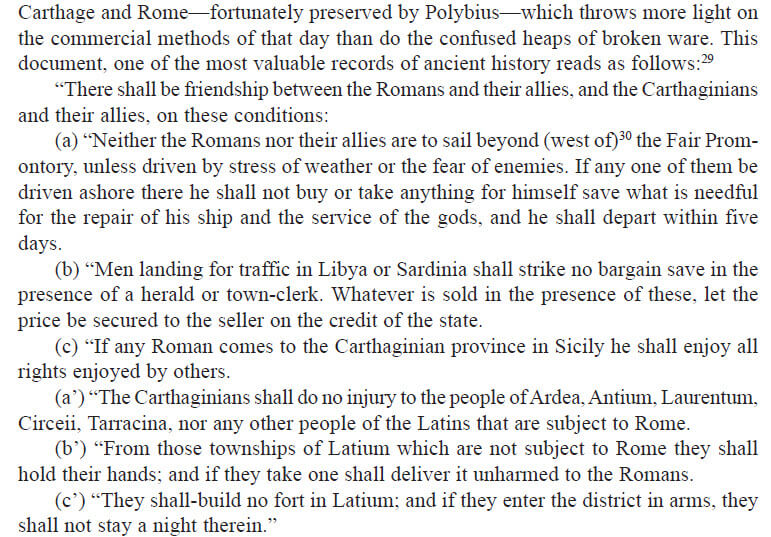
Second, huge volumes of grain that accounted for a significant percentage of the Roman bread basket came from and through Syracuse. This volume of grain supplied by Corsica and Sicilian provinces was not accessible, or as accessible, prior to the First Punic War.
As early as 360 BC Rome relied heavily upon the grains of Syracuse, as the Latin peoples were already well on their way to transitioning away from grain as the growers soils continued to degrade and resorted to sheep, olives and grapes for wine. Interference with those sources of grains and other items would have a huge impact upon the people of Rome and its overall economy. Pushing prices high, and inflicting burdens upon citizen and more importantly Legionnaires. So we see that Rome would have a vested interest in keeping trade and grain flowing.
As Rome expanded ever Southwards their eye turned to a profitable opportunity that was heretofore not leveraged. Tithing. Both Hiero the tyrant and the Carthaginians carried on the Eastern practices of receiving tithe from vassal states in the form of 1/5 of tribute on most items from the soil. This stood at odds with the Roman way of autonomous states that surrendered to hegmon sans tribute.
Was this a temptation for Roman adventurism of a new kind? We may never know. According to Polybius the Senate hesitated to act and even when it did the goal would appear to have been to secure just the Straits via control of Massana would be enough. Only 2 Legions were assigned to this task.
Twenty four years of war put paid to gains and glory and bled any profit from such an adventure.
Upon victory, no colonists were sent assuming there were any to be had as a result of losses in warfare and battle.
Post Punic War, Rome did collected about one million bushels of wheat a year, funding half the needs of the city on the open forum. This raises a point that while the grain could have been sold elsewhere it was not. It was needed locally, as the Latin continued into a pasturel existence. If we imagine all the ports closed and one million bushels of grain missing from the economy, fully 50% of a years requirements we can imagine the chaos in Rome, the Senate and the streets. Thus complete closure of the ports serving Rome would be cause for even the most adventurous and cavalier Senator.
Thus it might be that Rome was not hell bent on a war of expansionism initially , but rather desiring to protect its access to a grain supply, and existing trade routes. If Carthage were successful in locking up access to sources of grain she could conceivably bring Rome to terms more rapidly than fighting a war of attrition with expensive mercenaries. This would be inline with past relationships that Carthage had with with Romes Etruscan forebearers.
At this point in Romes evolution as a power it had not formulated the fight to the death win at all costs mentality but that mentality certainly spread its roots in the psyche of the Roman elite after the First Punic War.
